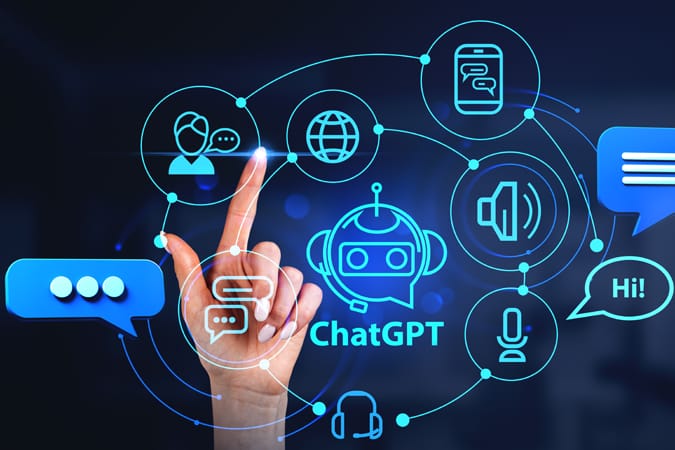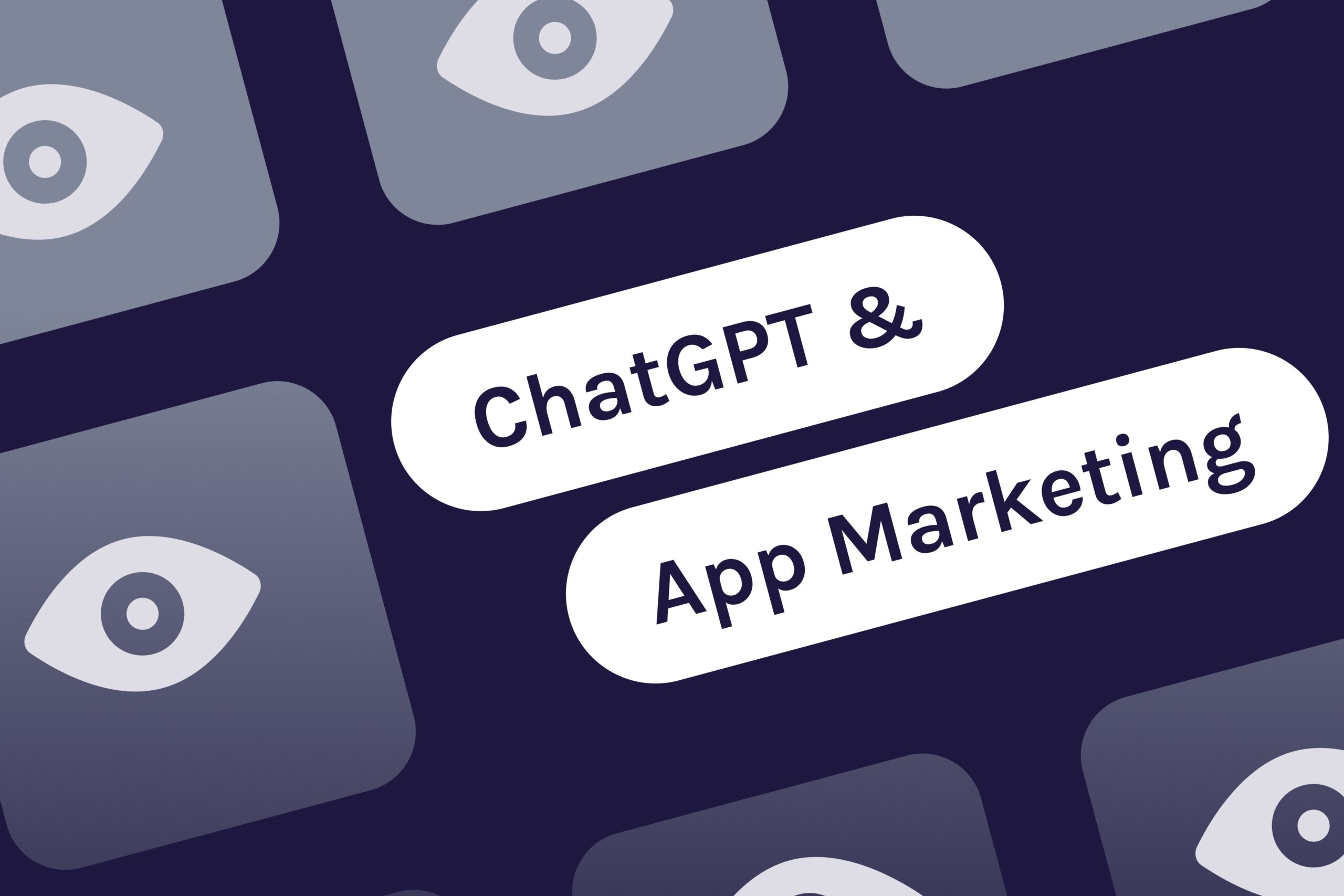Supercharge Your Digital Marketing: Elevate Your MarTech Strategy with ChatGPT
Digital Marketing has the power to transform MarTech (Marketing Technology) through improving customer engagement via chatbots and virtual assistants, contributing to an effective Digital Marketing strategy. It can create and optimize content, boost email marketing, and offer targeted marketing techniques. ChatGPT, with its capabilities, helps with data analysis, customer support, and lead quality. It simplifies market research and content curation while also facilitating multilingual marketing. However, ethical use, alignment with brand values, regulatory compliance, Digital Marketing, and Prompt Engineering are critical considerations in leveraging ChatGPT’s potential for marketing success.
ChatGPT's Features To Improve Digital Marketing

Personalized Customer Interaction :
- Chatbots and virtual assistants powered by AI may analyze client data in real time, including past purchase history, browsing behavior, and preferences.
- These systems can then deliver highly personalized responses and product recommendations to specific clients based on this data.
- Personalization boosts consumer engagement, satisfaction, and conversion rates.
Example:
An e-commerce website uses ChatGPT to provide personalized product recommendations to customers based on their browsing and purchase history. When a customer logs in, ChatGPT greets them by name and suggests products related to their past purchases and preferences.
Chatbots and Virtual Assistants:

- ChatGPT-powered chatbots can handle routine customer inquiries and issues at any time, including after hours.
- This accessibility increases customer service by allowing for immediate responses, which leads to higher customer satisfaction and loyalty.
- Human support agents can therefore concentrate their efforts on more complex situations, increasing their efficiency.
Example:
A customer support chatbot for a software company uses ChatGPT to answer common user queries. It can assist users with troubleshooting steps, provide product information, and escalate more complex issues to human agents when needed.
Data Analysis and Insights:
- AI is capable of analyzing massive datasets derived from a variety of sources, including social media, website traffic, and customer feedback.
- It gleans valuable insights, recognizes trends, and makes effective recommendations.
- Marketers may make data-driven decisions, leading to more effective strategies and campaigns.
Example:
A marketing agency uses ChatGPT to analyze social media data to understand customer sentiment regarding a client’s product launch. It identifies key themes and provides recommendations on how to adjust the marketing strategy based on sentiment analysis.
A/B Testing and Optimization:
ChatGPT can help design effective A/B tests for digital marketing campaigns. It suggests hypotheses and identifies variables to examine, guiding marketers in optimizing their strategies. Additionally, it evaluates the findings to determine which variations are most effective, assisting in the enhancement of digital marketing campaigns for better performance.
Example:
An e-commerce platform utilizes ChatGPT to suggest variations for A/B testing of a promotional email. It generates different subject lines and body content for the email and helps analyze which version performs better in terms of open rates and conversions.

Lead Scoring and Nurturing:
AI can automatically rate leads based on variables such as engagement level, demographics, and online behavior.
Leads with a high score are given greater attention, ensuring that marketing efforts are directed toward the most potential prospects.
Chatbots may nurture leads by presenting them with relevant content and information, bringing them closer to conversion.
Multilingual Marketing:
The linguistic proficiency of ChatGPT enables simpler growth into worldwide markets. It can aid in the translation and localization of marketing content, ensuring that messaging connects with various audiences in different locations.
Example:
An international fashion brand leverages ChatGPT to automatically translate its website and marketing materials into multiple languages. This ensures consistency in branding and messaging across different regions.
Market Research:
ChatGPT excels in automating elements of market research by actively monitoring social media conversations, online reviews, and news items. This capability empowers businesses to uncover consumer preferences, stay informed about competitor activities, and receive instant updates on current market trends. In addition, ChatGPT proves valuable in crafting strategies for digital marketing efforts, ensuring businesses can effectively engage with their target audience and optimize their online presence.
Example:
A market research firm employs ChatGPT to analyze customer reviews and discussions on social media platforms to uncover emerging trends in the food industry. It identifies a growing interest in plant-based diets and provides a detailed report.
Lead Generation:
ChatGPT can interact with potential leads on websites or social media channels. It can collect information such as contact information, interests, and purchasing intents, allowing sales teams to more efficiently find and qualify leads.
Example:
A B2B software company uses ChatGPT on its website to engage with visitors. It asks qualifying questions to determine if the visitor is a potential lead, collecting relevant information such as company size and industry before passing the lead to a sales team.
Content Recommendations:
ChatGPT can recommend appropriate information to users by evaluating user behavior and preferences. For example, on an e-commerce website, it can recommend products based on browsing history and past purchases, enhancing cross-selling and upselling prospects.
Example:
A streaming service employs ChatGPT to analyze user viewing habits and preferences. It then suggests personalized movie and TV show recommendations to users, increasing user engagement and retention.
Optimization of Ad Campaigns:
- By evaluating user behavior and altering bidding methods in real-time, AI can optimize ad campaigns.
- It can also produce ad creatives depending on what is popular with the audience.
- As a result, ad performance improves and the return on ad spend increases.
Example:
A streaming service employs ChatGPT to analyze user viewing habits and preferences. It then suggests personalized movie and TV show recommendations to users, increasing user engagement and retention.
Segmentation of customers:
- Customers are divided into categories by AI algorithms based on a variety of characteristics such as behavior, demographics, and preferences.
- Marketers can develop highly targeted and individualized marketing for each segment.
- This enhances conversion rates by making marketing communications more relevant.
Compliance and Regulations:
ChatGPT can aid marketers in ensuring that their content conforms to legal and regulatory obligations. It can identify potentially problematic wording or claims and advice on how to change information to comply with industry standards.
Example:
An advertising agency uses ChatGPT to review and edit ad copy for a pharmaceutical client. The AI ensures that the content complies with all relevant regulations and guidelines, reducing the risk of legal issues.
Real-time Marketing:
ChatGPT has the ability to monitor social media trends and stay updated on the latest news, making it an invaluable tool for digital marketing strategies. It can offer timely insights and create campaigns that leverage popular topics, ongoing events, or viral content. This ensures that businesses can capitalize on the current online buzz and engage with their audience effectively in the ever-evolving landscape of digital marketing.
Example:
During a major sporting event, a beverage company uses ChatGPT to monitor social media trends. When a specific team wins a game, the AI generates and schedules social media posts congratulating the team, capitalizing on the buzz around the event.
Customer Feedback Analysis:
ChatGPT is capable of processing and analyzing consumer comments, reviews, and surveys. It can glean information about product satisfaction, suggest areas for improvement, and even categorize and prioritize client complaints for speedier resolution.
Example:
An electronics manufacturer employs ChatGPT to analyze customer feedback from online reviews and surveys. The AI identifies common complaints related to a product’s battery life and suggests improvements for the next product iteration.
Conclusion :
ChatGPT and AI technologies are transforming the landscape of Digital Marketing by automating tasks, enhancing personalization, providing valuable insights, and optimizing marketing strategies. These capabilities empower businesses to create more effective, streamlined, and customer-focused digital marketing campaigns. This, in turn, leads to improved Return on Investment (ROI) and enhanced competitiveness in the digital marketplace.
Integrating ChatGPT into various aspects of MarTech, including Digital Marketing, can significantly boost productivity, enhance customer experiences, and support data-driven decision-making. However, successful implementation hinges on factors such as the quality of data, seamless integration with existing systems, and ongoing monitoring and refinement. This ensures that AI-powered solutions align with the specific goals and objectives of the marketing strategy.



